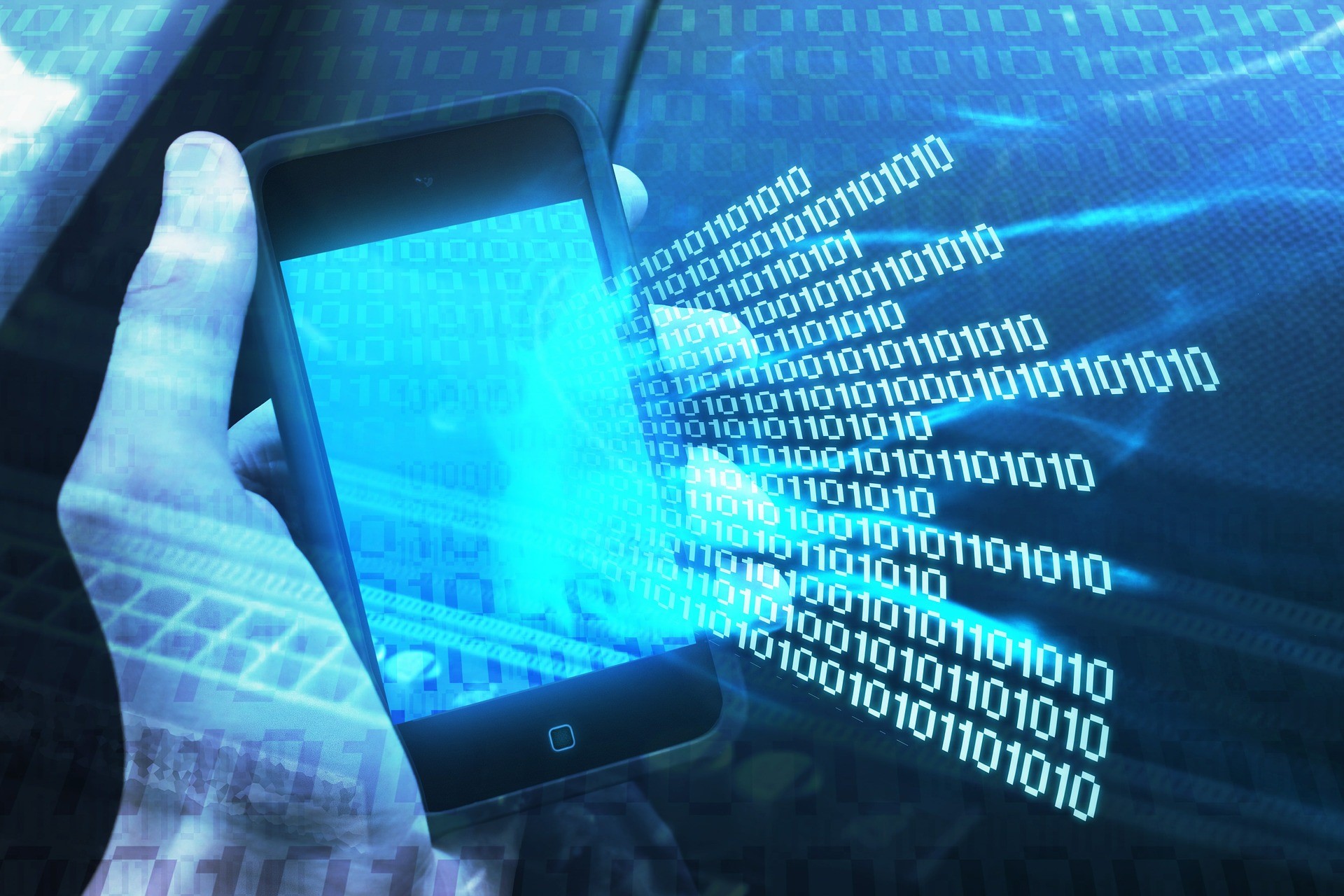
By Heather Hamilton, contributing writer
Big data, the Internet of Things, and artificial intelligence have quickly become the cornerstones that define and uphold our interconnected, internet-driven reality. It’s no surprise, then, that the three subjects continue to dominate the tech news reel in 2017 as their tendrils of connectivity permeate in the deeper recess of our lives. But what’s new in 2017? What are the new trends guiding these three technologies in the current year? Let’s have a look:
Big data
The key to understanding big data is in the use of the word “big” — the set of data is so large that traditional methods of dealing with it are inadequate. According to The Next Web, smart contracts represent the future of big data. Smart contracts are a blockchain technology application in which contracts are written in code in a ledger system. They’ve got increased security and are not reversible as other contracts are, creating efficiencies in references and execution.
The Next Web says that the cloud offers an alternative data deployment option, offering insight to people below C-level executives. Employees can expect to be empowered via access to structured and unstructured data, allowing for analytics in a variety of industries to be delivered closer to real time.
TechRepublic predicts a movement to the cloud, in which companies of all sizes take applications from the data center to the cloud to save money and increase flexibility. This requires that cloud service providers offer big data processing platforms and expertise, which will accompany the shift. It isn’t a groundbreaking prediction, but one that will likely happen as big data becomes more manageable.
At the end of 2016, Innovation Enterprise predicted that big data regulation would be prevalent in 2016 — in light of recent hacks, we shouldn’t be surprised to see more regulation going forward, though our browsing data became less protected under a new presidential administration.
Internet of Things
As IoT continues to grow, 2017 may determine what vendors, of which there are many, will remain in it for the long haul. Currently, IoT is largely unregulated. As the industry continues to grow, there is a call for some sort of standardization, allowing the Internet of Things to work more seamlessly together. This is especially important as IoT begins to expand from smart homes to smart cities — everything from automatic streetlights to self-driving vehicles.
It’s already May, and there isn’t much in the way of either standardization or increased security, though the increasing frequency of hacks should have experts working hard.
Forbes sees one of the biggest trends in IoT as the establishment of verticals that connect various IoT devices. They cite applications from the Consumer Electronics Show in Las Vegas like refrigerators that reorder products when your inventory is low as examples of verticals without the industry going the route of connection. In the meantime, Forbes says, separate emerging solutions will continue to grow.
Artificial intelligence
There’s plenty of information out there indicating that artificial intelligence is the wave of the future, both as a problem and a solution. According to an article in the Harvard Business Review, the development of more capable AI systems will see the rise of more automated and sophisticated social engineering attacks. “The rise of AI-enabled cyberattacks is expected to cause an explosion of network penetrations, personal data thefts, and an epidemic-level spread of intelligent computer viruses,” writes Roman V. Yampolskiy. Yampolskiy also believes that AI will be the solution.
From burger-flipping robots to IBM’s Watson, the future of industry is in further development of these intelligent devices. 2016 saw the rise of artificial intelligence in homes (Siri, Alexa), but this is expected to continue this year because of the safety, consistency, and affordability that AI can offer to industry as compared to human counterparts.
Artificial intelligence is making significant strides in healthcare, and experts predict that this will continue to increase. Applications may include everything from the detection of illness based on measurements of walking speed to robotic surgical assistance. MIT’s Technology Review speculates that there will be dueling neural networks, as well as competition from China.
Sources: The Next Web, Quartz, Globe Newswire, Beckers Hospital Review, TechRepublic, Innovation Enterprise, Data Knowledge Center, Forbes, Engadget, MIT’s Technology Review
Image Source: Pixabay
Advertisement
Learn more about Electronic Products Magazine





